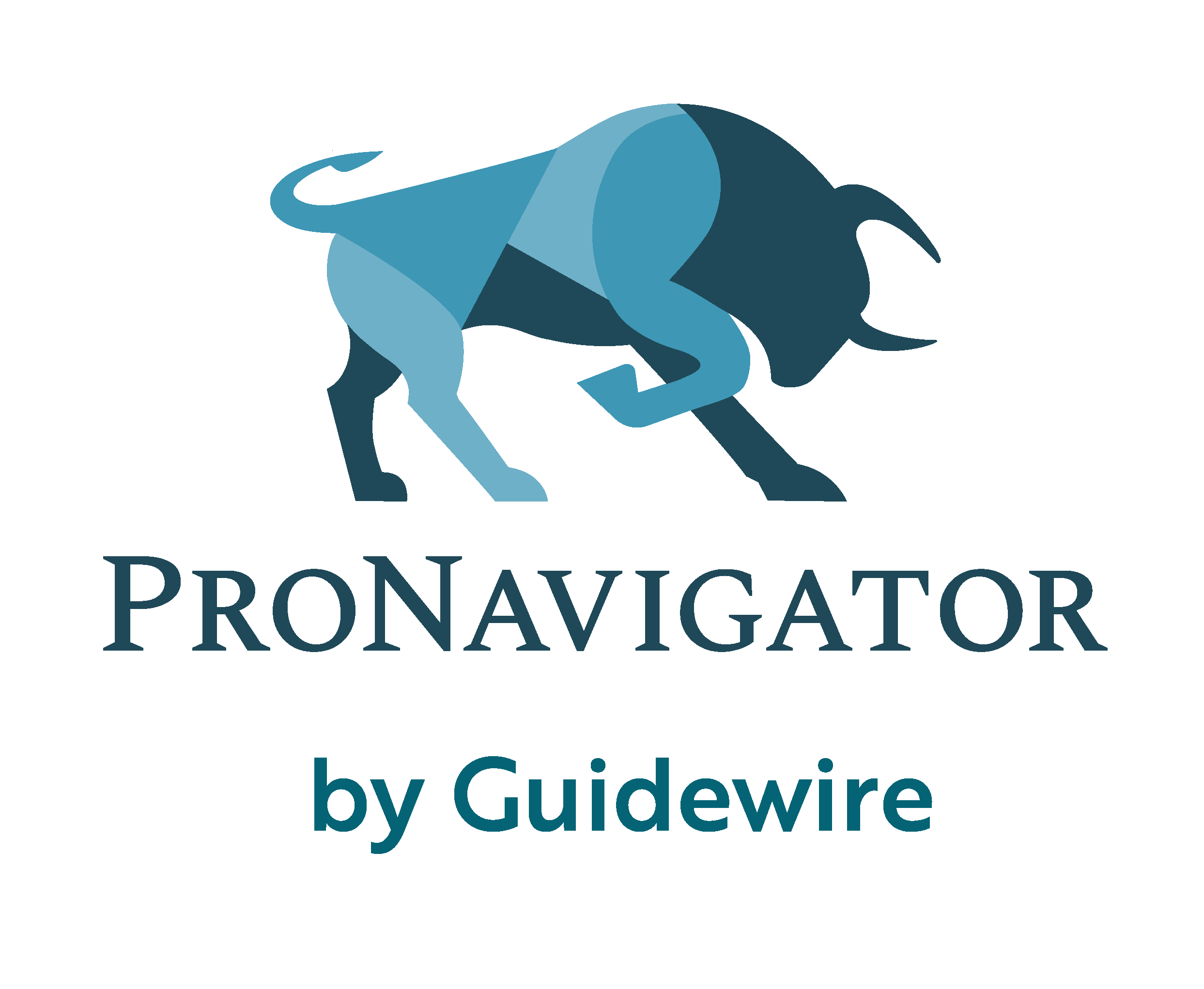“URGENT: WHO has the latest version of the Underwriting Guidelines!?!?”
– Email subject heading from an MGA

For anyone who is not aware, the idea for my company, ProNavigator, came from a one-and-one-half hour phone call I had with the customer service department of my insurance company.
That’s one-and-one-half hours of time that, I, a business person, really couldn’t afford to lose!!
All because they could NOT find information about me and about my situation.
This wasn’t about information they did NOT have…this was information they in-fact, had!

Some of the information they were searching for was information I had already provided to them. Yet they still couldn’t find it!
It was not only a time waste for me, but for them. And this got me curious about the knowledge search problem. If my incident is not an isolated one, and if this happens routinely in companies, then the amount of hours we waste looking and searching for data and information becomes an enormous productivity sink that is dragging down our effectiveness and ultimately our results.
McKinsey and others estimate that as much as 20% of our day or week is lost just looking for stuff. We can debate the accuracy of that, but in my research to launch ProNavigator, I got to shadow insurance professionals and this estimate seems spot on. In fact for some positions, where search is part of the job function (see the opening paragraph) these front-line, customer-facing employees are spending much more time searching and looking for information than actually servicing the customer, which is counterproductive to both the company and the customer. These companies are essentially transmitting lost productivity to their customers, making the experience and cost of doing business with them steeper and steeper. I will be sharing more around this topic, over the next few weeks because it is so important and so near and dear to me to find solutions to their productivity sink.

One of the first things I’d like to share with you is that these problems emerge holistically. We just naturally have data scattered all over the place. For carriers that can be client data that could be on a mainframe, server, the cloud or elsewhere. But even consider companies who are not burdened by legacy systems, even primarily cloud based solutions create an immediate nightmare for companies.
Let's go through the list of cloud-based technologies where data and information may be sitting:
- Slack
- Teams
- Google Drive
- One Drive
- Sharepoint
- Notion
- Outlook/email
- And Portals
It still gets worse. The quote that started the article came from an MGA where, ultimately they had various “latest” versions of their underwriting guidelines in Slack, Google Drive (multiple places in Drive), One Drive, email, and unfortunately, in text messages.

There was nothing nefarious that occurred. In the whirlwind of business where things need to get done quickly, our colleagues will often go to herculean feats to get things done. Sometimes, in a pinch, they will ask for the “latest” version of a doc, which may get sent to them via text messaging or email, they download it, begin editing it in perhaps Microsoft Word, save a local copy (because they are on a plane), land, quickly send the updates to their colleagues using the same technology that it got sent to them, and FINALLY, make a mental note to upload the “latest” versioned doc when they get a chance.
Sadly, the chance never comes, because the next whirlwind appears and the next thing you know, multiple versions of the latest doc exist in multiple places and it is a nightmare for everyone. Multiply this by the hundreds or thousands of docs, files and other sources of data we need to manage and it is no wonder that it takes so long to find anything at all.
This is the problem I had to solve! How can people who need access to knowledge and information quickly get access to it? In the next few weeks, I will provide more examples of this, how companies should be tackling this issue and how technology can create a layer above the noise that can filter, sort and search for you, where and when you need it.
For the reader:
- How has this problem emerged at your company?
- What sort of rules have you put in place to deal with information governance?
- What sort of culture needs to be instilled in a company to prevent these sorts of issues from emerging?





